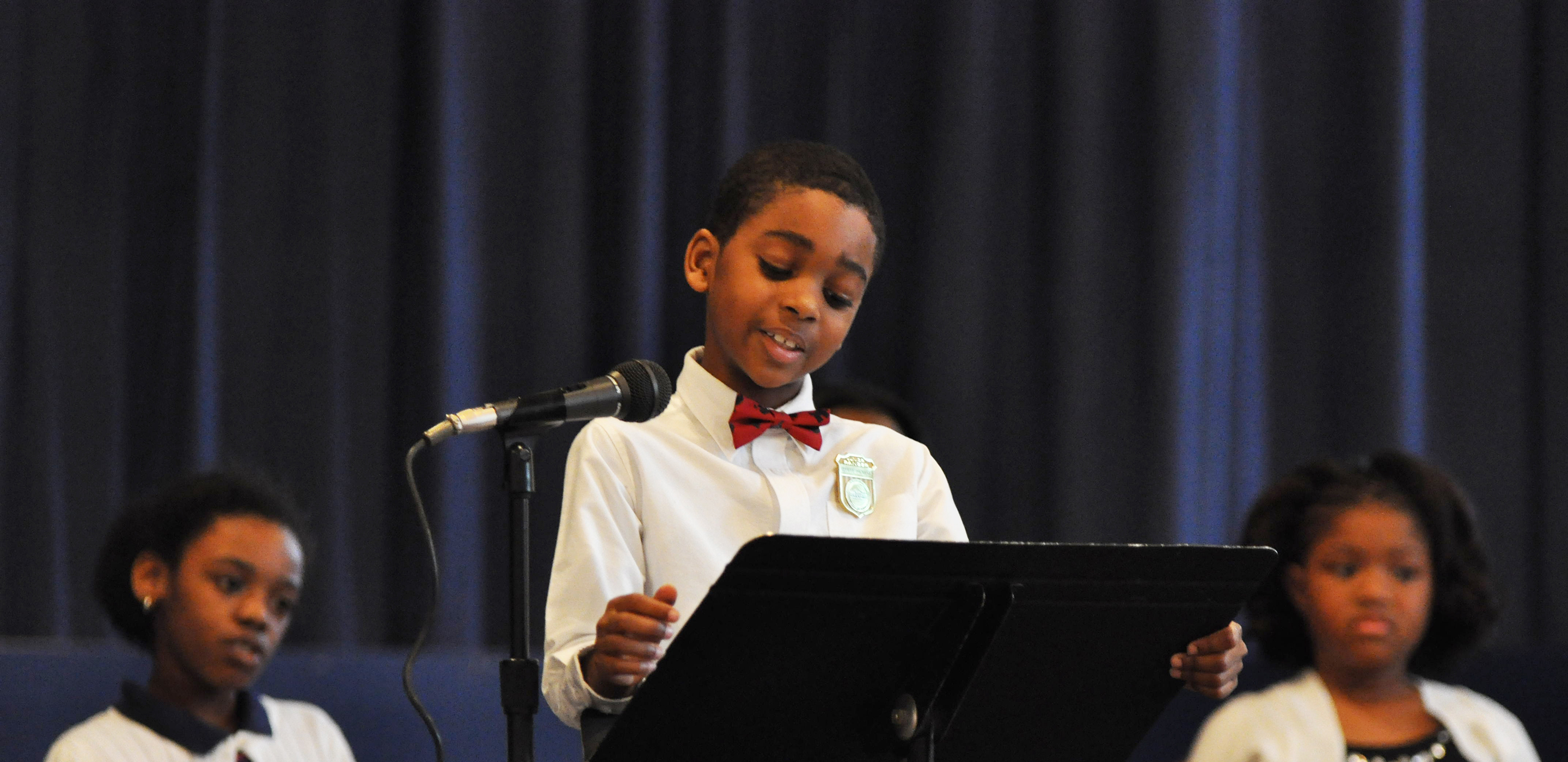
Teaching Oratory
Abraham Lincoln was a powerful orator who used his words to inspire and unite. Reflecting this legacy, the Ford’s Theatre Oratory Approach offers easy-to-implement tools adapted from theater techniques that help every student develop public speaking skills and find their own powerful voice.
These tools provide a creative avenue to accomplishing multiple curricular goals including analyzing great historical speeches, writing persuasive speeches, speaking more effectively, listening and critiquing constructively.
Ford’s Oratory tools are structured to allow students to develop as individuals as well as an ensemble. A multi-year evaluation shows that this approach builds students’ skill and confidence in speaking and their understanding of effective persuasion. Teachers also report that the Ford’s approach helps build a classroom culture of civil discourse and constructive feedback, supporting students in becoming active participants in our democratic society.
Ford’s Approach to Oratory

Reading and Analyzing Great Historical Speeches – Reading historical speeches develops a foundation of understanding for what makes an effective speech, analyzing for rhetorical appeals, structure and style.
Listening and Critiquing – Listening to public figures, colleagues or classmates deliver speeches develops understanding for the elements of effective public speaking, such as pace, eye contact and tone. Learning to offer specific, constructive feedback strengthens this understanding and develops skills for civil classroom conversations.
Speaking and Performing – Speeches are meant to be spoken aloud. Students and teachers “walk the walk” by learning to perform speeches and become familiar with identifying and crafting their words for specific audiences.
Writing Original Persuasive Speeches – As teachers become more comfortable with their skills for teaching oratory, many are interested in students learning to write their own speeches. Students understand the importance of speech on a deeper level as they strengthen their own skills to write and speak about issues that matter to them.
What is the National Oratory Fellows program?
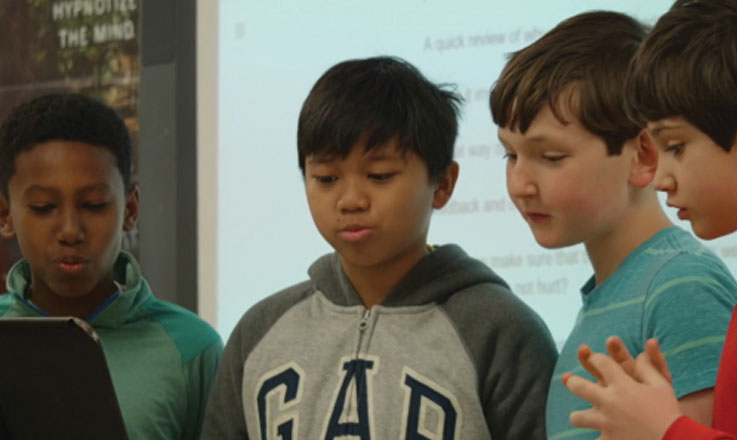
Ford’s Approach to Oratory in Action
Take a look into Ford’s National Oratory Fellows program. Learn about the program elements and the impact Ford’s Approach to Oratory has on teachers and students. Our two-page research and evaluation report provides an easy-to-read visual snapshot of the program’s successes.
Ford’s Theatre Oratory Tools for your classroom
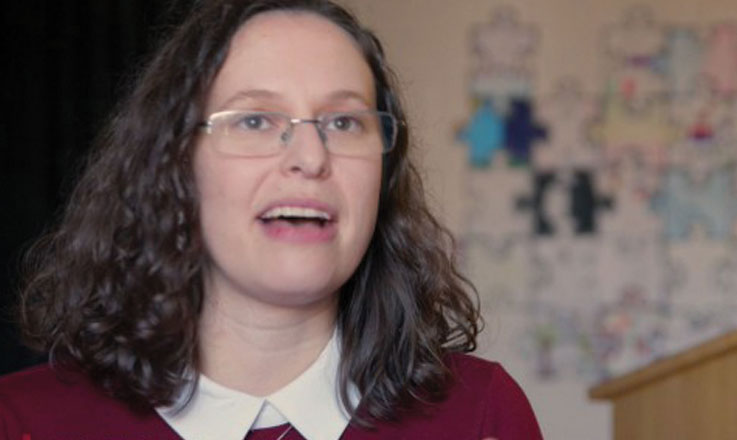
Podium Points
Coach students in nine specific oral and physical elements of effective speaking.
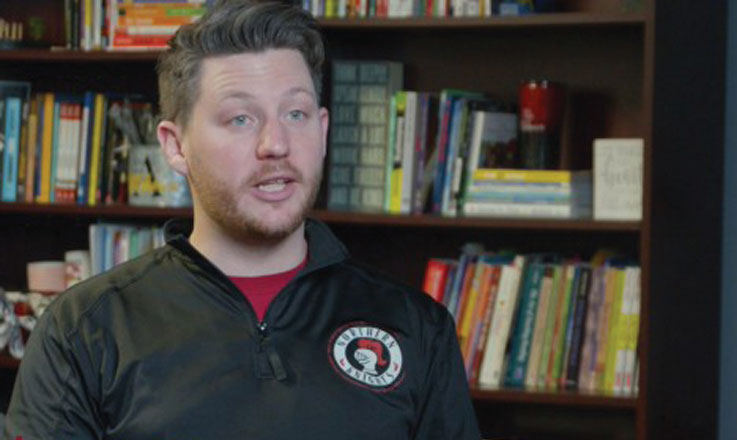
Rhetorical Triangle
Teach students to recognize and deploy the three key elements of persuasion.
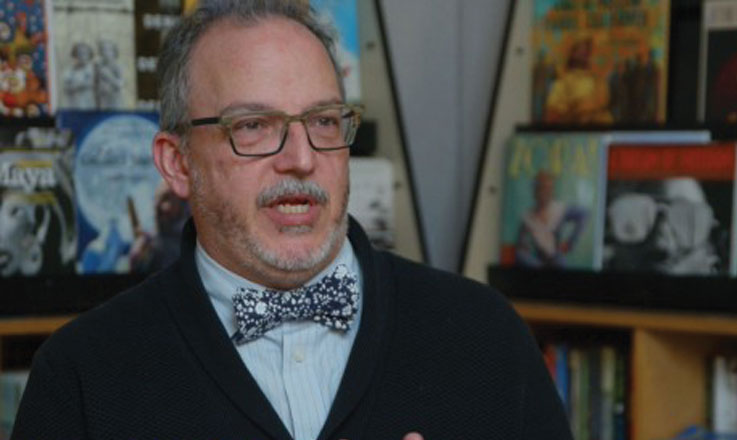
Warm and Cool Feedback
Build a classroom culture of constructive feedback as students support each other’s development as effective speakers.
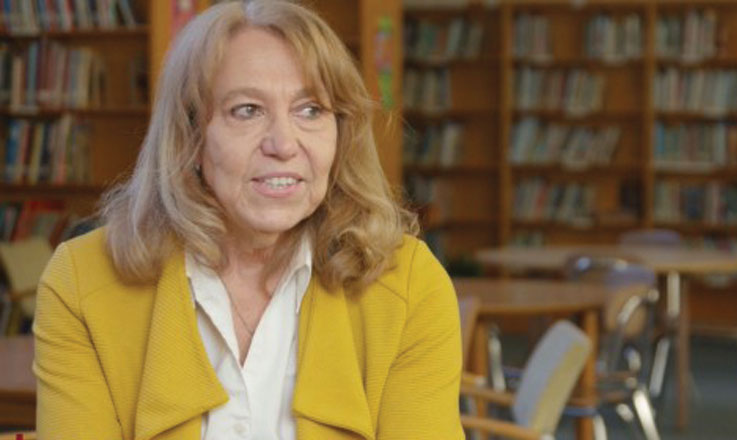
Connecting to Texts
Help students understand historical context and the motivation behind speeches with this close reading approach.
Video Resource: How To
Oratory Resources
Strengthen student speaking skills and show them why speech matters. Our teachers have created a range of tools and lessons to introduce your students to oratory.
Learn More
Want to learn more about using the Ford’s Theatre Approach to Teaching Oratory in your classroom?
